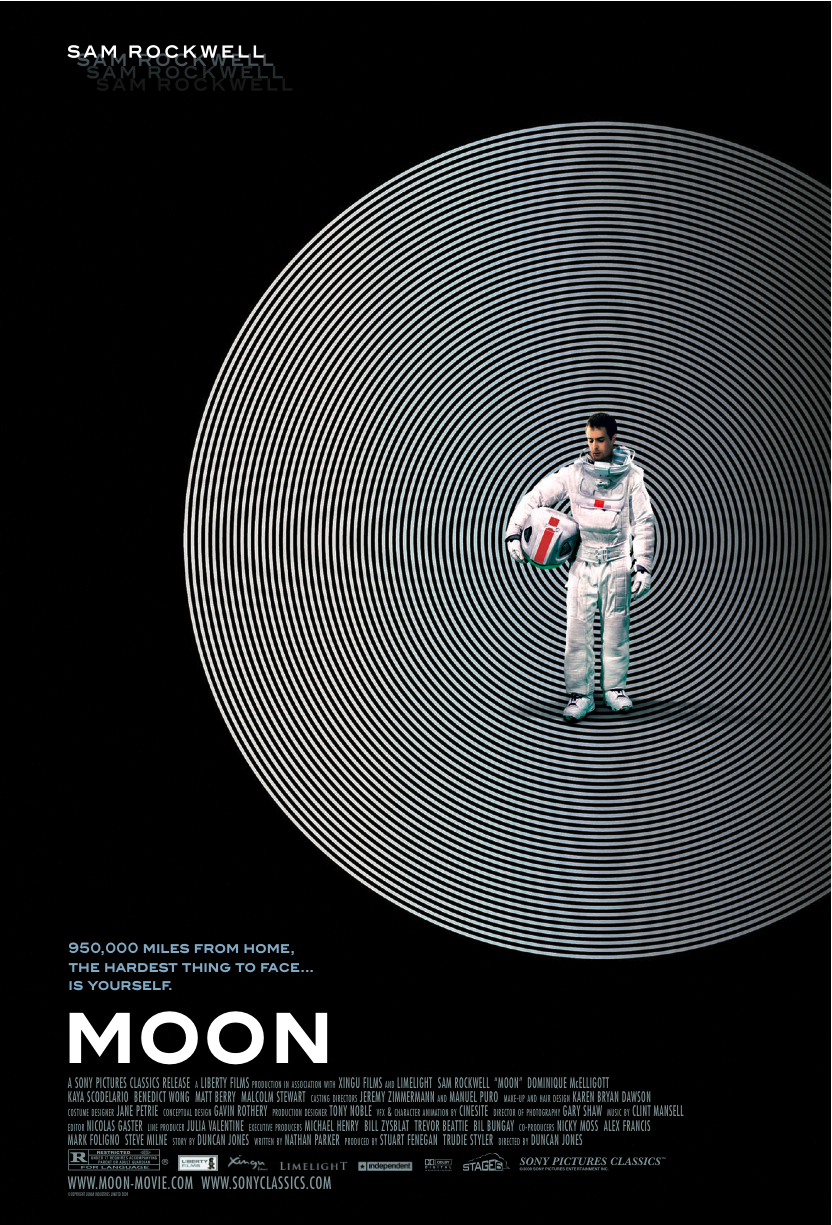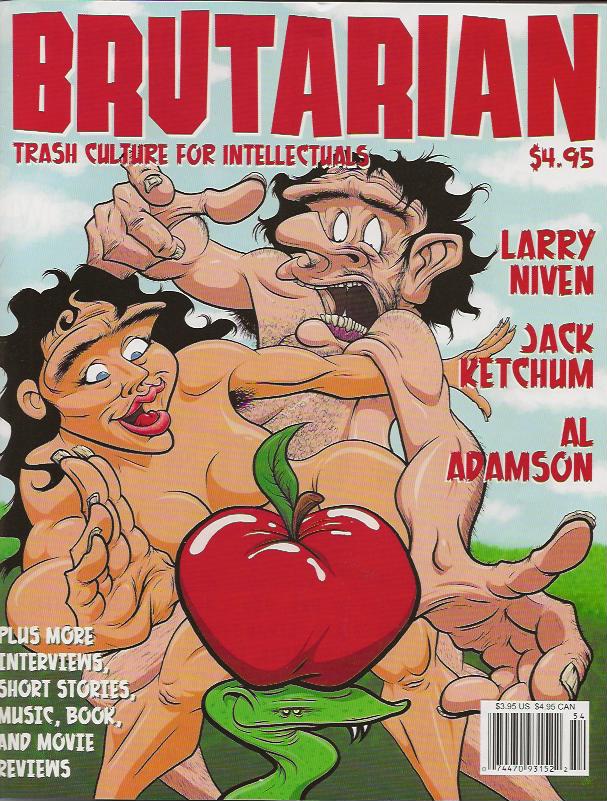Writing: Necessary Laziness
Folks, I am a lazy, lazy man. Unless it involves booze, I don’t like to put much effort into things. Take grooming, for instance: Haircuts, shaving, dry cleaning your clothes, all generally too much effort for Your Humble Author here. If I could find a way to combine booze with those activities – booze for me, mind you; I don’t need some drunk bastard cutting my hair – I’d be a happy man. And probably rich once I sell the franchise rights.
About the only thing I’m usually not too lazy about is writing, but this is because writing has always been fun and easy for me, pretty much in the same category as drinking – hey, if only I could combine those two NO NO NO that way lies madness. Sometimes when writing, though, you have to be lazy, kind of on purpose, you know? LEt’s face it, real life is a pretty huge dataset. The number of details that go into just one person’s every day experience while wandering this globe searching for free drinks and tasty sandwiches is staggering, and if you actually tried to capture all of those details in a story, even a story that takes exactly one minute of time to unfold, your story would like be about twenty-seven volumes long.
Thus, laziness. A great example is the popular-with-the-kids-these-days Zombie Apocalypse story, which almost always focusses on the whole thing about killing zombies and rebuilding civilization while calmly ignoring the fact that you’d probably starve to death long, long before the zombies broke down your door. Zombie stories are lazy about the food issue because it’s the only reaction that makes sense – no one wants story about the urgent need to find a can opener, say, or the moral quandry of murdering your dog in order to eat him. So, Zombie Apocalypse stories usually have abandoned supermarkets filled with foodstuffs for our survivors to gorge on, when in reality every time it rains more than two inches here in Hoboken the local supermarket is an empty, ransacked shell. I mean, seriously, if the news started reporting a zombie fucking apocalypse the supermarket would be completely devoid of edibles within about twenty seconds. Or, the story will have the survivors hunting and farming like in the good old days, which makes a lot more sense, except for the lazy convenience of having your survivors – almost always in a major metropolitan area – know how in fuck to hunt, skin, and butcher animals or farm anything. Not a terrible stretch, but I for one would be found dead with two cans of tuna in my hands and bloody fingernails before I figured out how to grow something in my backyard.
Or, take Lost for example (no spoilers here, don’t worry). The most recent episode, which gave us the extended backstory of Jacob and Smokey, was set in some undefined past, and the characters were all dressed in a sort of rustic ancient style by way of Luke Skywalker in Star Wars Episode IV. The costumes are cheesy and vague, and evoke exactly no culture or historical period ever in the history of ever. They are the laziest costumes I’ve ever seen in my entire life (the whole episode annoyed and disappointed me, but that rant is for later, after the series ends and I have a better perspective). But, I can see why, maybe, that decision was made: Because a) the story is maybe meant to be a parable and not taken literally, or b) because they don’t want to distract us with questions about whether, say, ancient Romans or Egyptians would do something. Keeping it vague gives them latitude to do whatever they want. Thus, the lazy costumes are necessary.
Or, maybe just lazy. Figuring out what’s a necessary laziness and what’s just lazy is not easy, even when you’re writing. I’ve had plenty of moments where an editor hands back a manuscript and tells me I need to spend more time and energy on a sequence, and when I lok back on it I can see pretty clearly that I was impatient to get past that spot and glossed over everything too quickly. It’s easy to be lazy when you can see everything clearly in your own head, and forget that people can’t read you mind and see all the details as clearly as you do.
Now, all this talk of booze has made me hungry. The food not so much. To paraphrase Gene Wilder in Blazing Saddles, food just makes me sick.





